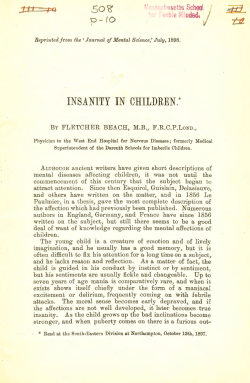
Delirium CAM-ICU Worksheet - American Association of Critical
Confusion Assessment Method for the ICU (CAM-ICU) Worksheet Instructions: To evaluate for the presence of delirium in your patient, complete this clinical assessment every shift (8-12 hours). CAM-ICU is a valid and reliable delirium assessment tool recommended by the Society of Critical Care Medicine (SCCM) in its 2013 Pain, Agitation, and Delirium (PAD) guidelines. Criteria Present CAM-ICU FEATURE 1: Alteration/Fluctuation in Mental Status Is the patient’s mental status different than his/her baseline? OR Has the patient had any fluctuation in mental status in the past 24 hours as evidenced by fluctuation on a sedation scale (eg, RASS, Glasgow Coma Scale [GCS]), or previous delirium assessment? FEATURE 2: Inattention 1: Alteration/Fluctuation in Mental Status Letters Attention Test: Tell the patient “I am going to read to you a series of 10 letters. Whenever you hear the letter ‘A,’ squeeze my hand.” SAVEAHAART Count errors (each time patient fails to squeeze on the letter “A” and squeezes on a letter other than “A”). FEATURE 3: Altered Level of Consciousness (LOC) Present if the RASS score is anything other than Alert and Calm (zero) OR If SAS is anything other than Calm (4) FEATURE 4: Disorganized Thinking Yes/No Questions: Ask the patient to respond: 1. Will a stone float on water? 2. Are there fish in the sea? 3. Does 1 pound weigh more than 2 pounds? 4. Can you use a hammer to pound a nail? Count errors (each time patient answers incorrectly). Commands: Ask the patient to follow your instructions: a) “Hold up this many fingers.” (Hold 2 fingers in front of the patient.) b) “Now do the same thing with the other hand.” (Do not demonstrate the number of fingers this time.) If unable to move both arms, for part “b” of command ask patient to “Hold up one more finger.” Count errors if patient is unable to complete the entire command. If Features 1 and 2 are both present and either Features 3 or 4 are present: CAM-ICU is positive, delirium is present If Yes for either question If number of errors >2 If RASS OR SAS 4 □ □ □ If combined number of errors >1 Delirium present Delirium absent Copyright © 2002, E. Wesley Ely, MD, MPH and Vanderbilt University, all rights reserved. Adapted with permission. Delirium Challenge: Assessing & Managing in Acute/Critical Care Copyright © 2013 American Association of Critical-Care Nurses
© Copyright 2025




















